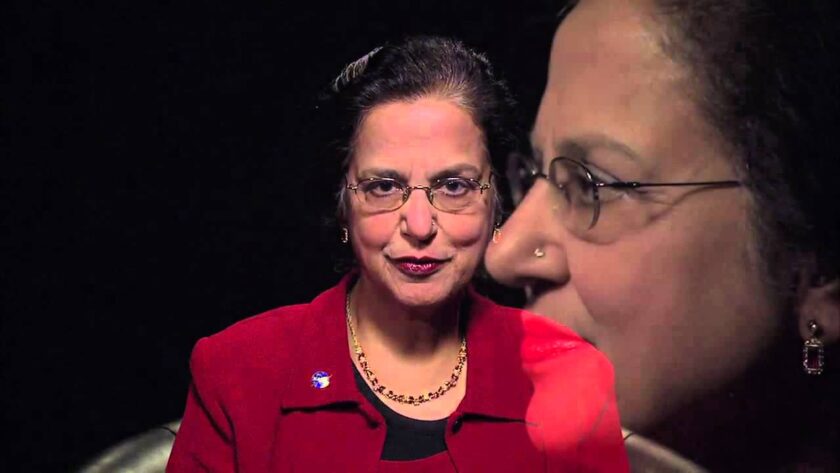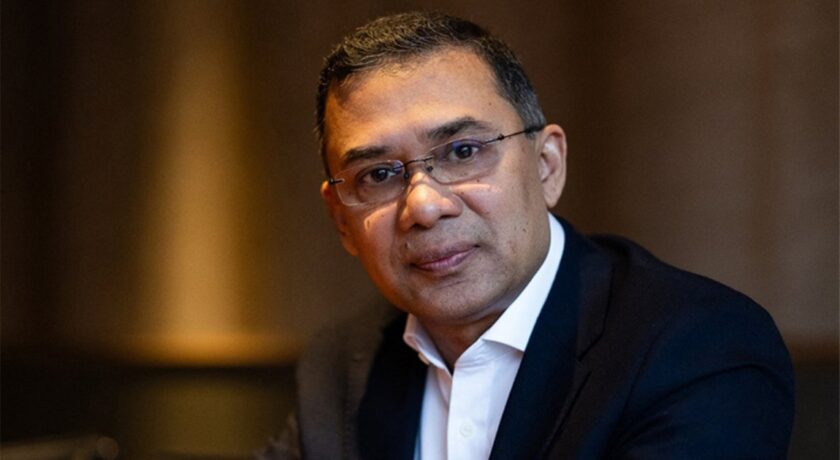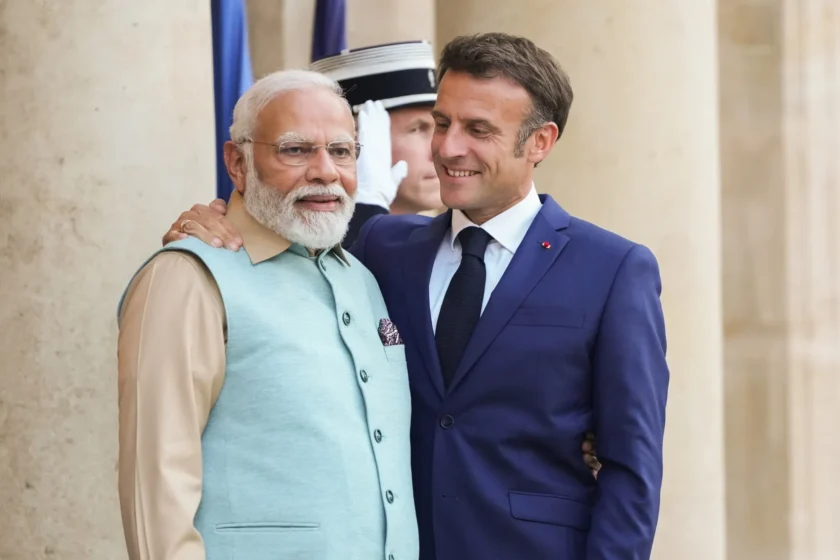Palm Beach, Florida — In a highly controversial and widely covered press conference, President-elect Donald Trump raised eyebrows by discussing his territorial ambitions for the United States, with striking remarks aimed at Canada, Greenland, and the Panama Canal. Speaking at his Mar-a-Lago estate, Trump presented a combative and expansive vision for US foreign policy that has left many questioning whether his statements should be taken seriously or seen as strategic rhetoric.
During the address, Trump made bold claims that the US would take steps to “subdue” Canada, suggesting that the boundary separating the two nations was an “artificially drawn line.” “It would be much better for national security if we got rid of that line,” he asserted. While the comment immediately sparked international backlash, including a firm denial from Canadian Prime Minister Justin Trudeau, who called the idea “ridiculous,” Trump did not shy away from threatening economic action. He warned that the US could impose tariffs as high as 25% on Canadian products, echoing similar tactics he employed during his first term.
The remarks about Canada were followed by a stunning assertion that the US would not rule out military or economic force to take control of Greenland and the Panama Canal. “We need Greenland for national security purposes,” Trump stated, referencing the island’s strategic location in the Arctic. This is not the first time Trump has expressed interest in Greenland, having previously suggested the US should purchase the territory during his first term. Denmark, which governs Greenland, was quick to reject these ideas, calling them “absurd” and emphasizing Greenland’s sovereignty.
Trump’s statements regarding the Panama Canal also garnered significant attention. The US built the canal but handed it over to Panama in 1999. Trump, however, claimed that the canal is “vital to our country” and accused Panama of allowing China to “abuse” the canal’s operations. Panama, in response, has strongly denied that China holds any special privileges in using the waterway.
The international community was quick to respond to Trump’s statements. UN Secretary-General Antonio Guterres, through a spokesperson, reminded that the UN Charter requires member states to respect each other’s territorial integrity, a sentiment that further highlighted the controversial nature of Trump’s remarks.

Although Trump’s rhetoric is being criticized, it remains unclear whether his statements represent genuine foreign policy intentions or if they are part of a broader strategy to secure political or economic concessions. Critics suggest that his statements may be an attempt to assert dominance on the global stage, while others speculate that he is positioning himself to renegotiate trade agreements and solidify support within his political base ahead of his inauguration on January 20, 2025.
Trump’s son, Donald Trump Jr., also sparked further intrigue with a private visit to Denmark shortly after the press conference, prompting speculation about the family’s interest in the region. However, his visit has not been linked to any official negotiations or diplomatic efforts.
As Trump prepares to assume office, it is uncertain how his foreign policy rhetoric will evolve. What is clear, however, is that his approach to international relations is likely to stir further controversy and challenge traditional diplomatic norms. The world will be watching closely as the incoming administration navigates these bold and contentious issues in the months to come.









